One thing I always tell new owner operators no matter what they want to hear is this:
When the market is good you should stay out there to make enough money to put aside for rainy days
When the market is bad you should still be out there making enough money to pay bills and day-to-day expenses and keep the rainy days’ fund for when shit will really hit the fan aka major breakdowns.
Have you ever heard someone say that owning a truck is a ticket to working less and making more money?
I heard it many times…
The idea that once you buy your own truck you can work less and make more money is simply not true.
This popular misconception is not only false but also potentially harmful to new (and experienced) owner operators who may enter the industry with unrealistic expectations.
In this article, we will debunk this myth and provide practical advice for those who have never experienced being an owner-operator during a bad market (aka rainy days).

More Responsibility, More Work, More Reward
Being an owner-operator means having more responsibility.. This includes not only managing your own schedule and workload but also staying on top of maintenance, repairs, and even your own taxes.
This could never be more true and more important than today.
Making Money in Good and Bad Markets
As an owner-operator, it’s crucial to understand that the market will have its ups and downs. When the market is strong, it’s essential to capitalize on the opportunity and work hard to make enough money to save for the inevitable rainy days. This means putting in the hours and going the extra mile to ensure you’re making the most of the favorable conditions.
On the other hand, when the market is weak, it’s important to keep working in order to cover day-to-day expenses and bills. During these times, it’s best to conserve your rainy day fund for emergencies or major breakdowns that may occur. It’s all about striking the right balance and being prepared for the uncertainties of the industry.
Surviving and even thriving in a bad market is possible for truckers who are willing to adapt and make strategic decisions
Consistent Work Schedule
Commit to a consistent work schedule by deciding how long you’ll stay on the road at a time and sticking to it, barring emergencies. A regular schedule allows you to maintain a steady income flow and helps you manage your expenses more effectively.
Stay Loyal to Your Leasing Company
If the company you’re leased to has provided you with good-paying loads during the favorable market conditions, don’t jump ship when the market slows down. In many cases, switching to another company during a downturn may result in a worse financial situation.
Be Flexible with Load Preferences
While you can afford to be selective about loads during a good market, a bad market demands flexibility. Avoid imposing limitations on factors such as load weight, destination, or toll road usage, as these restrictions can hinder your ability to secure consistent work.
Learn how to book your own loads.
Keep the Wheels Turning
In a challenging market, it’s crucial to keep your truck moving. If you find yourself in a low-paying area, don’t wait for a better load. Instead, accept a load that will position you in a more profitable area, even if it pays less. This strategy can help you secure a higher gross in the long run.
Prioritize Preventive Maintenance:
Preventive maintenance is essential for avoiding unexpected breakdowns and expensive repairs on the road. Regularly servicing your truck at your local mechanic will likely cost less than fixing it on the road, saving you time and money.
Conclusion
By implementing these strategies, owner-operators can better navigate the challenges of a bad market and maintain their income.
Embrace consistency, loyalty, flexibility, constant movement, and preventive maintenance to set yourself up for success, even during tough times in the industry.
By staying adaptable and committed to your work, you will be better equipped to weather market fluctuations and come out stronger on the other side.[/et_pb_text][/et_pb_column] [/et_pb_row] [/et_pb_section]







